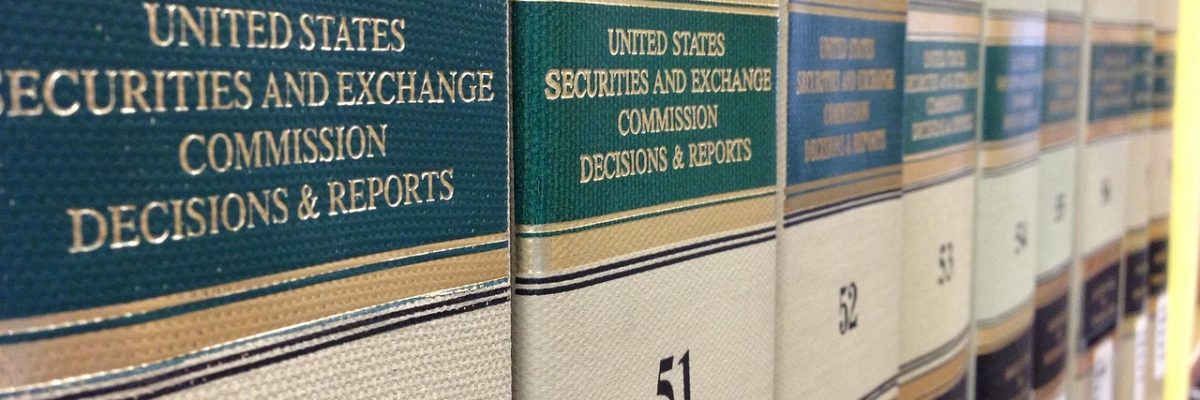The Business Judgment Rule: Shielding Directors from Liability
The business judgment rule is a critical legal doctrine that protects corporate directors from liability for decisions made in good faith and with reasonable diligence. It allows directors to take calculated risks without fear of personal legal consequences—provided their decisions are informed, honest, and aligned with the corporation’s interests.
How the Rule Works
Courts are reluctant to second-guess directors’ business decisions unless there’s clear evidence of fraud, conflict of interest, or gross negligence. If a director acts in good faith, uses appropriate information, and believes their action benefits the company, the business judgment rule will likely apply.
Conditions for Protection
- Acting in good faith
- Making decisions on an informed basis
- Believing the decision is in the best interests of the corporation
When It Does Not Apply
- Fraud or intentional misconduct
- Self-dealing or conflicts of interest
- Failure to inform oneself before acting
- Gross negligence in the decision-making process
Practical Steps for Directors
- Conduct thorough due diligence
- Engage qualified advisors when needed
- Keep comprehensive board minutes
- Disclose and manage conflicts transparently
By embracing diligence and transparency, directors can confidently lead their organizations while benefiting from the protections of the business judgment rule.





